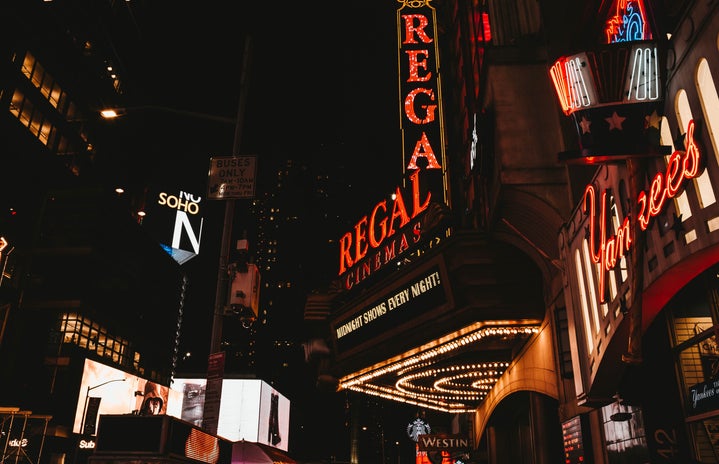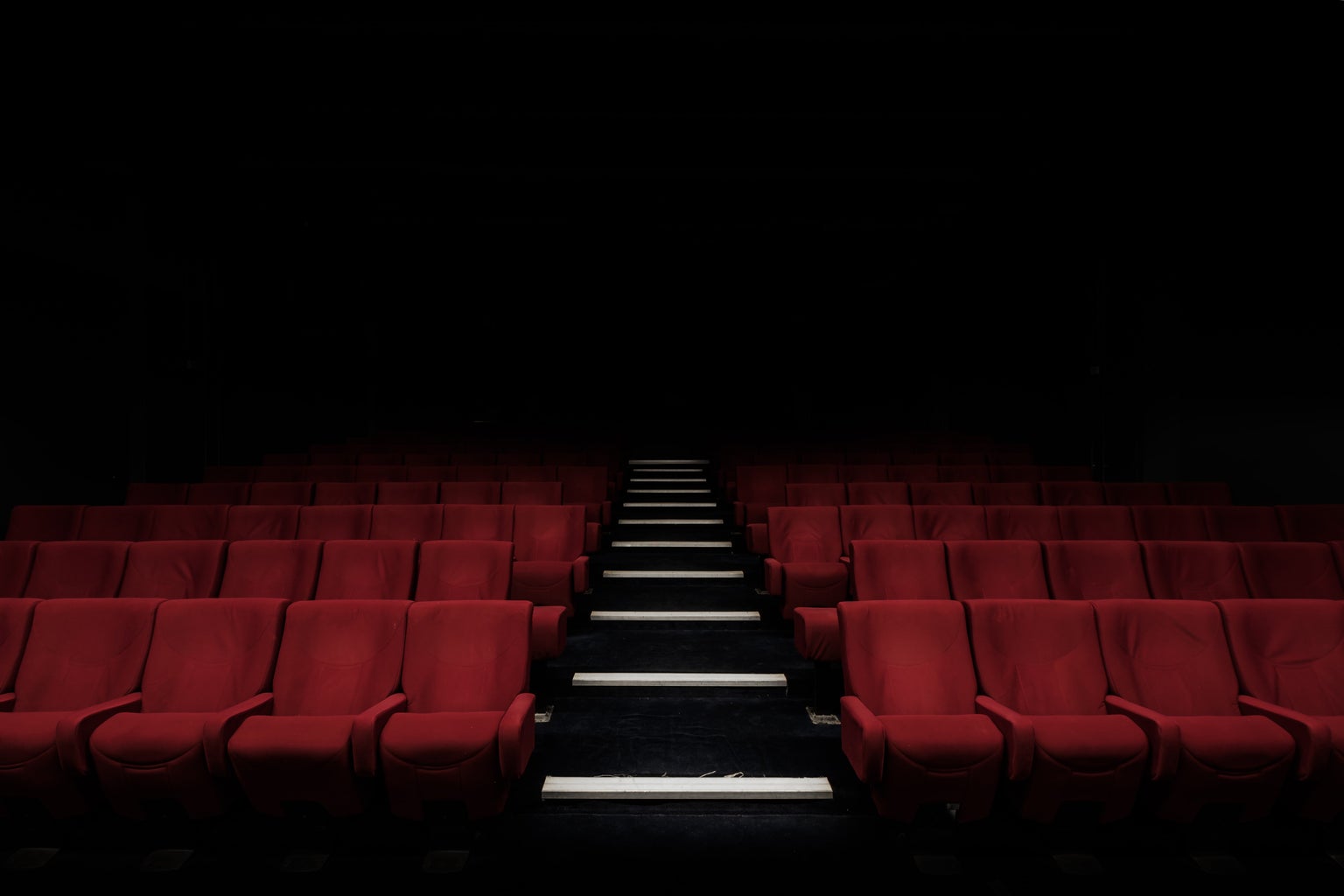*Mild spoilers ahead for “Beau is Afraid*
Ari Aster’s “Beau is Afraid” was released in mid-April, making it the newest addition to the director’s filmography.
Aster occupies the world of horror as a creator. His first feature-length film, “Hereditary” (2018), is a haunting story about a family after the death of their youngest daughter. “Midsommar,” which premiered in 2019, follows a young woman and her friends on their trip to the Swedish countryside. The two films are best described as incredibly disturbing and unsettling. “Hereditary” and “Midsommar” are the kinds of films that force you to leave the light on when you go to sleep.
“Beau is Afraid” is an abstract and strange account of a man’s life. The man in question, Beau, is depicted by actor Joaquin Phoenix and Armen Nahapetian, who portrays the younger version of Beau.
After receiving an alarming phone call, Beau sets out to get to his mother, Mona, who he believes is in trouble. It is apparent that Beau’s relationship with his mother is strained, but as her only surviving son with no other family, Beau feels a deep-seated obligation to be at his mother’s side in her time of need.
In his travels, Beau meets many people. He encounters a family that tries to help him, a theatre troupe, a long-lost love and even the giant phallic incarnation of his absent father.
A lot is going on in this movie. Ari Aster delivers a host of themes involving family and the concept of selfhood. Just about every fear one could have appears in this movie, making Beau the victim of a cruel joke. In this sense, it is easy for audiences of all types to sympathize with him.
One of the most interesting parts of the film is Beau’s flashbacks to his childhood. These scenes play a crucial role in explaining how Beau became the way he is. Furthermore, they confirm the suspicion that Mona plays a villainous role in Beau’s life. Mona creates the most uncomfortable of situations and takes on her role of motherhood more as one of friendship with Beau.
From here, we begin to understand why Beau struggles with the world. His emotional trauma results in an exaggeratedly dangerous worldview, in which he is always being persecuted. In truth, he is. At least by Ari Aster’s script.
Beau’s sense of self takes insurmountable damage in adulthood. His anxiety pushes him away from society, but also forces him to seek assurance from those he trusts such as his therapist and mother. Without someone to guide him, Beau encounters life-threatening situations in magnitude. Though, because he is an unreliable narrator, the audience can never be sure if this is really the case.
In comparison to “Hereditary” and “Midsommar,” I feel that “Beau is Afraid” ranks the weakest. Though, Ari Aster’s attempts at moving away from horror and into more surreal filmmaking prove successful. Aster provides us with enough backstory on Beau to interpret his ending and make sense of his suffering. For me, this is a staple of cerebral films.
One thing I believe would make this film better is if it was shortened. At just about three hours, this movie is Aster’s longest. The second half of the film, though interesting, drags on and branches into short stories that don’t relate to the main plot. At just about the midpoint of the film, Beau watches the theatre troupe’s play. The play is disguised as an alternate version of Beau’s future life and chews on about 20 minutes of screen time. Unfortunately, this story seems to have no significance to the rest of Beau’s journey.
That being said, I still think “Beau is Afraid” is a solid movie. I am content with Ari Aster’s breakaway from his traditional practices on horror and excited to see more of his work.
“Beau is Afraid” is currently playing in select theaters. For those in the Plattsburgh area, Cumberland 12 is showing the film.
For more information on Ari Aster’s filmography, take a look at his IMDb page.




